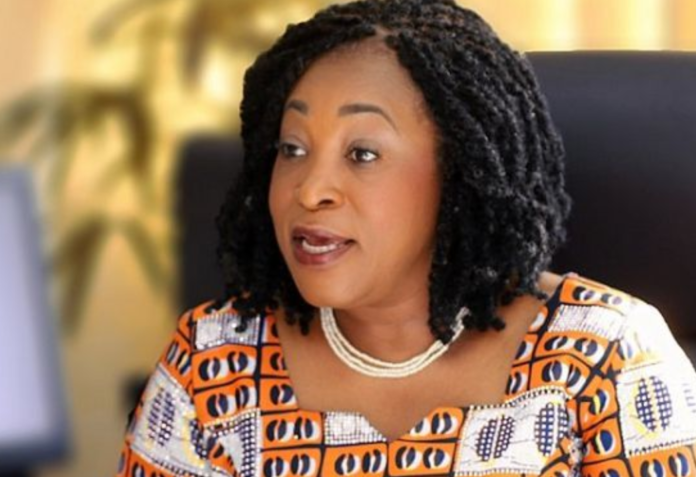The Minister of Foreign Affairs and Regional Integration, Shirley Ayorkor Botchwey, has put forward proposals which she said would help to deliver socio-economic benefits to citizens of the Commonwealth in the face of the threats of disinformation, populism and declining trust in democracy.
Ms Botchwey, a candidate for the position of Secretary-General of the 56-member Commonwealth of Nations, was speaking last Thursday at a lecture at the University of Buckingham in the United Kingdom, titled: “Realising the Democratic Dividend: A Commonwealth Imperative”.
She said safeguarding democracy required international co-operation for transformative change in economic, environmental and social dimensions. Ms Botchwey is a lawyer and former Chair of the Council of Ministers of the Economic Community of West African States (ECOWAS), a region buffeted by political instability in recent years.
“In an increasingly interdependent world, collaboration among countries is essential for everyone. The climate crisis, in particular, has shown that collective action is needed if we are to address the challenges of the global commons effectively,” she said.
Global economy
The world must “lay the foundations for a robust and equitable global economy not just in fine words but in reality,” she told her audience of students, academics, diplomats and civil society activists, some of whom joined an online audience.
She pointed out that many developing countries, particularly Small States and Small Developing Island States, operated at the periphery of the global economy, relying on just a few raw agricultural export products and tourism.
Ms Botchwey, a former Deputy Trade Minister, said their heavy debt burden had become a hindrance to galvanising adequate investment to achieve robust economic growth and sustainable development. In 2023, their share of foreign direct investment had dropped by 10 per cent when the reverse was what was desired.
She recommended that industrialised countries provided more resources to international financial institutions to enable the Commonwealth and other developing countries to access resources to respond effectively to the climate challenge.
Additionally, governments of the Commonwealth should incentivise the private sector to facilitate the transfer of technology and catalyse their usage.
This would fast-track the transition towards a more equitable and sustainable global economy, Ms Botchwey, who is also a former Deputy Communications Minister, said.
The governments, she said, must take steps to galvanise the promise of new technologies to ensure that young people participated in economic transformation.
Investments
This should ensure that investments in education and skills correspond to the needs of a modern workforce. She established a link between social and economic outcomes and democracy, saying, “I believe that the greatest threat to democracy today emanates from the diminished expectations for socio-economic advancement in recent years compared to the high promise of some two decades ago.
“If we are to address successfully the threats to democracy, we cannot ignore the lesson that the current democracies evolved and survived on the basis of their ability to deliver on the expectations of the greatest majority of the people,” she said.
Ms Botchwey, a member of Ghana’s National Security Council, referred to the 2021/2022 Afrobarometer surveys conducted in 28 African countries which revealed that only 38 per cent of Africans were satisfied with the way democracy worked in their countries.
She said the current 24-hour news cycle enabled citizens to weigh in on policies and national direction by the minute, irrespective of the manifesto of the government, thus diffusing political power more than ever before.
The Commonwealth, which has a total population of 2.6 billion people and a combined GDP of over $13 trillion dollars, will choose a new Secretary-General when Heads of Government meet in October this year.
The next Secretary-General, who is expected to come from Africa, will replace Baroness Patricia Scotland, a Dominican-British citizen.
ALSO READ:

